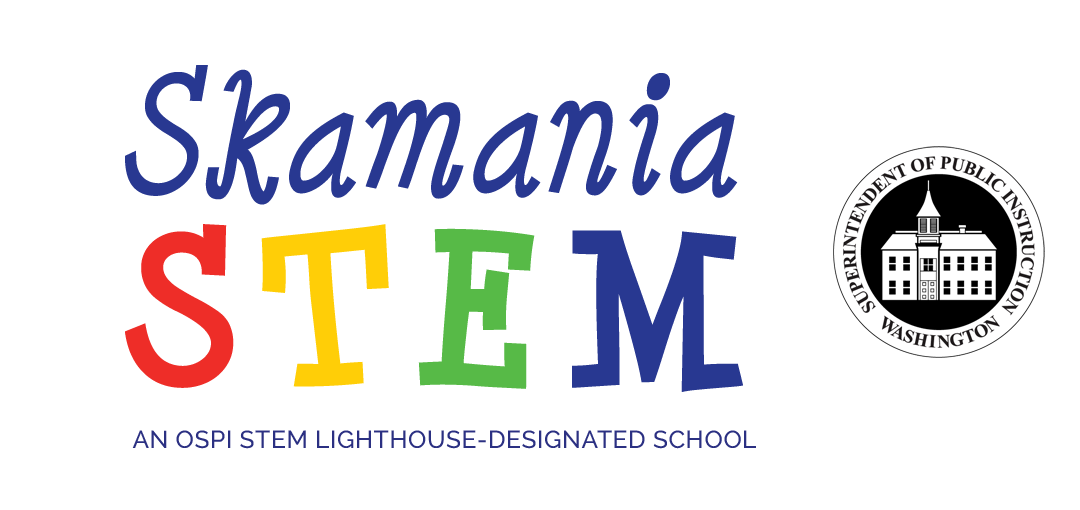Skamania is a small school with a big vision: to integrate STEM—science, technology, engineering and math—studies throughout its curriculum and to share strategies to support other small, rural schools statewide.
The Office of Superintendent of Public Instruction (OSPI) has recognized Skamania School’s innovative practices and ability to inspire students to study STEM, and awarded the district a $20,000 STEM Lighthouse grant for the 2018-19 school year, one of only six awarded in the state.
The Lighthouse award will be presented Friday by OSPI STEM program supervisor Dan Tedor at a 2:45 p.m. ceremony preceded by STEM activities—led by Skamania students—from 1 to 2:15 p.m. All events will be at Skamania School, 122 Butler Loop Rd., Skamania, Washington.
Student-led presentations include:
S—Science, grades 7-8: Circulation and the heart
T—Technology, grades 5-6: Air pressure
E—Engineering, grades 3-4: Wind and making an anemometer
M—Math, grades K-2: Weather and climate
Why STEM at Skamania?
Located in the unique setting of the Columbia River Gorge, Skamania School is surrounded by educational opportunities for staff and students to explore, enabling the study of natural resources and their interrelationships with Gorge residents.
Skamania’s dedicated, ambitious staff have completed many hours of STEM training and are now creating a sustainable and integrated STEM program that gives students opportunities to work on real-world problems in their own back yards. These classroom and schoolwide project-based learning activities are integrated, career-connected, locally relevant and field-focused. They develop students’ skills as they collaborate, communicate, and think creatively and critically.
Future plans include transforming a 38-acre tract of undeveloped land owned by the school district into an outdoor learning lab and possible outdoor school for use by students in Skamania and other districts, reflecting the school’s motto, “The Gorge is our classroom—Ambassadors to the Gorge.”
The commitment of partner agencies, including U.S. Fish & Wildlife, Southwest Washington STEM Network, Pacific Education Institute and the Department of Natural Resources, has been key, and their active participation and dedicated resources will ensure the future sustainability of this work.

